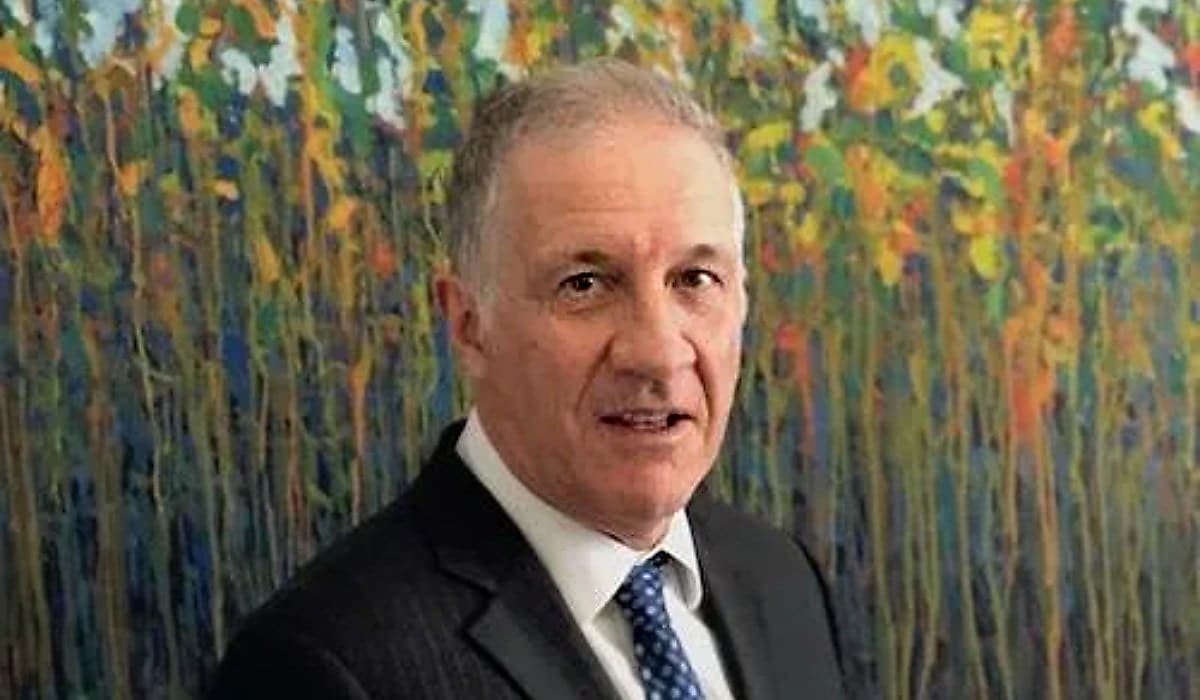5 questions every commercial investor should ask themselves
A commercial expert weighs in on the top ways investors can maximise yields on their commercial properties.

Con Tastzidis, founder and managing director of CST Properties in Sydney, believes that the key to realising commercial property success is knowing how to ask the right questions. As he knows well, it is all too common for aspirational investors to plunge into a commercial property venture only to find themselves with “little growth in investment returns”.
“Like any successful business, commercial property investment revolves around increasing income and trimming costs,” the executive explained.
So, what questions should commercial investors ask themselves to ensure the best returns? And where should they look for answers?
Here are the managing director’s five key questions.
1. How can I add value?
Redeveloping the site is a great way to add value, but zoning laws and ongoing tenancies don’t always make this possible. Even so, Mr Tastzidis identified numerous smaller changes developers can make to upgrade their commercial properties.
Enhancing curb appeal, revamping interior lighting and common areas, and even giving your building a new name are all ways he suggests you can set your property apart from the crowd and attract tenants who are willing to pay a premium, he explained.
Safety upgrades, including “robust security measures, such as surveillance cameras and access control systems” and “fire systems to the current building code standards”, are more excellent ways to add appeal, Mr Tastzidis stated.
Last but not least, he recommended investors “consider reconfiguring the existing layout to maximise commercial space”. After all, he noted that “more space usually equates to more rent, a better return and a higher commercial property value”. So why not explore it?
2. How can I attract long-term tenants?
For investors sick of sinking time and money overseeing tenancy after tenancy, a long-term lease can be music to their ears.
According to Mr Tastzidis, when it comes to getting tenants in for the long haul, “one of the most popular ways is incentives”.
“They range from rent-free periods, a reduced rent for a certain period, an offer to enhance the tenancy area/building, or a combination of the above,” he said.
The short-term loss might feel painful, but by zooming out and considering your investment goals over the next five years, the CEO noted that the long-term benefits are often worth it.
3. How can I avoid vacancies?
One hurdle that many developers face is juggling multiple leases of different lengths, especially when you have redevelopment plans on the agenda.
“You may have, for example, six leases that have expired and one or two leases that have two or three years to go,” Mr Tastzidis said.
In situations like this, it can be tempting to include demolition clauses in new leases, but the CEO noted that this is not always the best solution as “they can be a deterrent in getting new tenants at reasonable market prices”.
He suggested that it may be a better alternative to fill the vacancies by offering short-term leases at market rates. Reflecting on his experience with property crashes, he commented that he experienced better returns and more loyal tenants by maintaining an occupancy of 90 per cent at affordable rates than by filling 50 per cent of space with high-paying tenants.
A high-occupancy strategy can result “in some amazing capital gains years later”, he reflected.
4. How can I minimise operating expenses?
Operating expenses can be the quiet killers of strong commercial property yields, but with some smart management, Mr Tastzidis believes you can keep these expenses in check.
“Reduce energy consumption, maintenance costs and other operational expenses. Have a policy of continually searching for better and cheaper alternatives,” he recommends, but “ensure that this is done without a reduction in standards”.
Cutting costs on insurance can be risky, the managing director said, so he recommends reducing expenses by implementing smart technology and creating “an eco-friendly property where possible to optimise resource utilisation” rather than through a reduction in insurance coverage.
Working with an accountant to “ensure you get all the tax deductions you are entitled to”, is another tip to keep costs down.
5. How can I identify other property income sources?
Mr Tastzidis advises reflecting on creative ways to generate more income from the same property.
Over his 35 years of experience, some of the supplementary income strategies that have worked for his clients include leasing out advertising space, building mobile telephone towers, using vacant spaces for film sets, especially, and hosting pop-up shops.
He also reflected that “the longer you hold onto a building, the better the chance is that the opportunity comes up to purchase neighbouring properties,” as another way to make your commercial investment even more lucrative.

